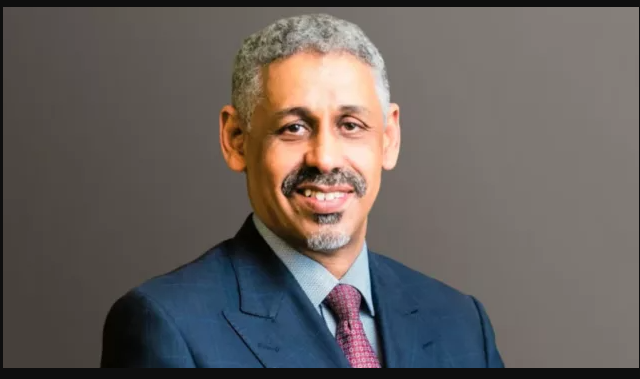
The African Development Bank Group (AfDB) on Monday officially inaugurated Dr. Sidi Ould Tah as its ninth President, marking a historic leadership transition for the continental institution.
The swearing-in ceremony, held at the Sofitel Abidjan Hôtel Ivoire in Abidjan, Côte d’Ivoire, drew several high-profile dignitaries, including the Chair of the AfDB Board of Governors and Congo’s Minister of Economy, Planning and Regional Integration, Ludovic Ngatsé; President of Côte d’Ivoire, Alassane Ouattara; outgoing AfDB President, Dr. Akinwumi Adesina; and President of Mauritania, Mohamed Ould Ghazouani. Also present were representatives of international organizations, development partners, diplomats, members of the private sector and civil society, the Bank’s Board of Directors, and AfDB staff.
At exactly 12:05 GMT, Dr. Tah took the oath of office before the Bank’s governors comprising finance ministers and central bank governors of its 81 member states formally assuming the presidency. Ten minutes later, he mounted the podium to deliver his inaugural address after a citation highlighting his career was read by Prof. Vincent Nmechielle, the event’s master of ceremonies.
Dr. Tah, 60, is a Mauritanian economist with vast experience in development finance and international cooperation. Prior to his election, he served as President of the Arab Bank for Economic Development in Africa (BADEA) since 2015, and previously held senior positions in the Mauritanian government, including Minister of Economy and Finance.
He was elected on May 29, 2025, with 76.18% of the vote from AfDB governors representing 81 member countries 54 African and 27 non-regional underscoring broad shareholder confidence in his leadership.
Transition After a Decade of Adesina’s Reforms
Dr. Tah succeeds Nigeria’s Akinwumi Adesina, whose ten-year tenure was marked by sweeping reforms and landmark achievements in agriculture, energy, infrastructure financing, and regional integration.
According to the Bank, shareholders expect Tah’s presidency to build on those gains while deepening AfDB’s role as a catalyst for development finance, regional integration, and climate resilience across the continent.
His election, the Bank noted, reflects Africa’s determination to strengthen its most prominent financial institution at a time when the continent faces urgent challenges ranging from food security and sustainable growth to energy transition and climate change.


